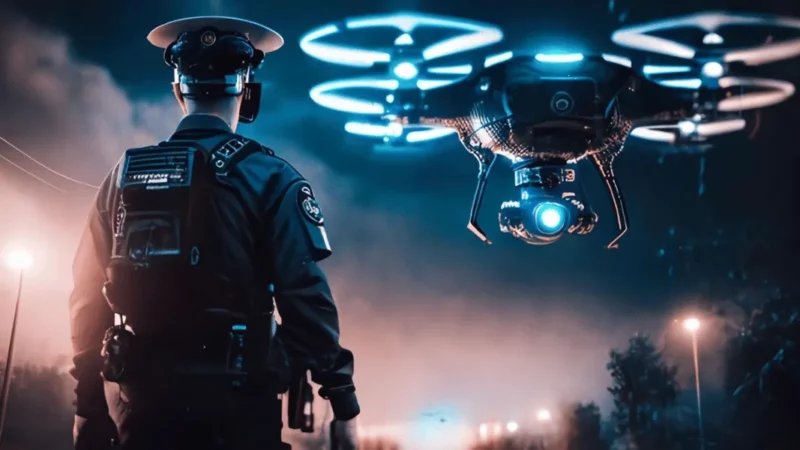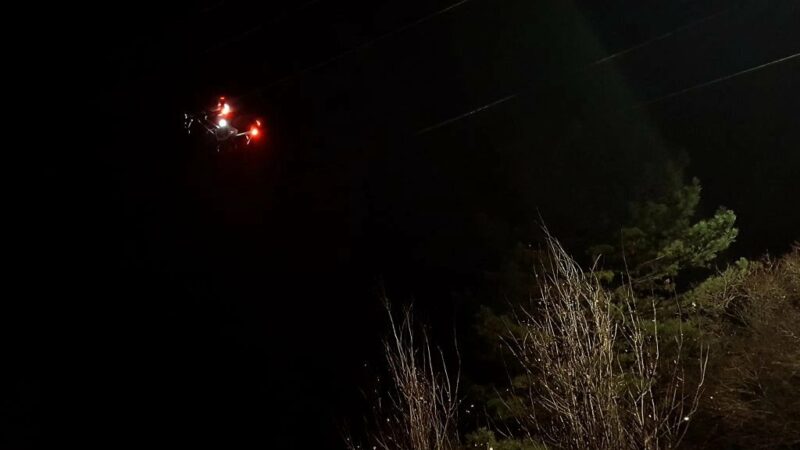The Home Security Laws You Need to Know

Home security laws are meant for safety and to safeguard the privacy of the people. With new technologies, from our workplace to our residential place, everything has become smart and uses new technologies. Technology has made our houses more martyr than ever before. Our house becomes adaptable with homeowners’ needs and wired with the rest of the world.
Now the technology has improved to the extent that you can control ceiling lights, doorbells, and thermostats from mobile applications. One device that we can say will bring revolution in this industry is Security Cameras. With new technology, home security has become more accessible to homeowners. They can keep their eyes on home wherever they travel.
But when these technologies came into play, they have also brought the new set of home security laws with them. As technology becomes economical and for everyone, the number of security cameras proliferates all over the world. With that, there are some home security camera laws that should be followed by everyone; otherwise, you will come under the lawsuit.
Laws For Home Security Camera Placement

As a matter of fact, no single law applies the same for every situation throughout the United States.
- There are different laws and rules for each and every kind of situation. Different parts of government, federal, state, local, and county laws are responsible for controlling the security laws for audio and video recording of their provinces.
- For instance, Federal law does not control any video surveillance-related matters. Instead, they have control over matters related to audio and eavesdropping surveillance.
- If your house comes under the HOA or Homeowner’s Association, then your HOA agreement restricts the installation of home security camera placement for the outside of your house.
However, security camera laws are considered local, and they are continuously evolving according to demand and government perspectives. Thus, to understand these unclear or opaque home surveillance laws of your area, you need to ask the local attorney. You needed to learn about all the security camera rules and regulations of your residential area.
In case you violate any laws unknowingly or knowingly, you will under the risk of criminal prosecution. If anyone gets injured due to that, then a civil lawsuit will be brought against you.
Home Security Privacy Laws
The government also keeps control of privacy for the public, whether regarding the home security laws or even for the outlet places.
- Security cameras cannot be placed on every place, and privacy should be maintained. Many of the federal statutory obligations for security include “reasonable privacy expectation” for video surveillance for home as well as for business.
- You cannot place security cameras in bedrooms, restrooms, changing rooms, and bathrooms as these are places where users expect privacy. Thus, you cannot place any exterior cameras or doorbell cameras where privacy is required of your house or even of your neighbors.
These privacy areas come under the gray zone in-laws, and before installation, these areas have been tested for some cases. There was one case reported, a woman suiting a homeowner, as his security camera was placed where there was the changing room of that lady. Thus, the homeowner came into custody, and he had to pay a high amount of charges. Thus, you have to follow and understand clearly the security camera privacy laws.
Is Audio Surveillance Different From Video Surveillance?
According to the United States audio surveillance laws, all the parties that are the part of the recording, must clearly know that their voice is recorded for a reason. Some states also made the law to reinforce that it is taken with two-part consent. This means all the people who are part of the conversation must know and understand that they are being recorded aurally.
The law says that with one-party consent, one can record audio only when they are participating in the conversation. Thus it also laid down a universal law that you cannot record anyone’s audio surreptitiously when the party does not give you their consent, or you are not part of the conversation.
Residential or Home Surveillance Camera Laws

The home surveillance camera laws are the laws that are laid by the government for the right placement of video cameras for home security. As these cameras are placed to record the videos, they sometimes may also interfere with the privacy of your neighbors. Thus, home video security camera laws apply to everyone who installed the security cameras on their residential property outside as well as inside of their house.
As the right placement of security cameras is important for effectiveness, it is obvious that every person wants to place cameras at an angle where they can get a full view of their property. However, this may also break the residential surveillance laws by hampering the privacy of your neighbors. Thus, we can say that home video security camera laws are laid to protect and safeguard the security of your property as well as take care of your neighbors’ privacy.
Security Laws For Hidden Cameras
You are required to follow these guidelines and install the security cameras according to the laws.
- If you keep the hidden cameras for the security of your property, it is against the laws. Some homeowners place the security cameras hiding from others to see them.
- As stated earlier, too, recording any audio without the consent of the party is considered as illegal.
- You can hide the security camera for the surveillance of your property. But you cannot do audio recording from that camera, which is considered as an illegal activity. Also, you do not place any hidden cameras against the property of your neighbors because of the privacy issues.
WARNING
If you hide the security camera that peeps into the house of your neighbor, then you come under lawsuits for breaking privacy laws.






